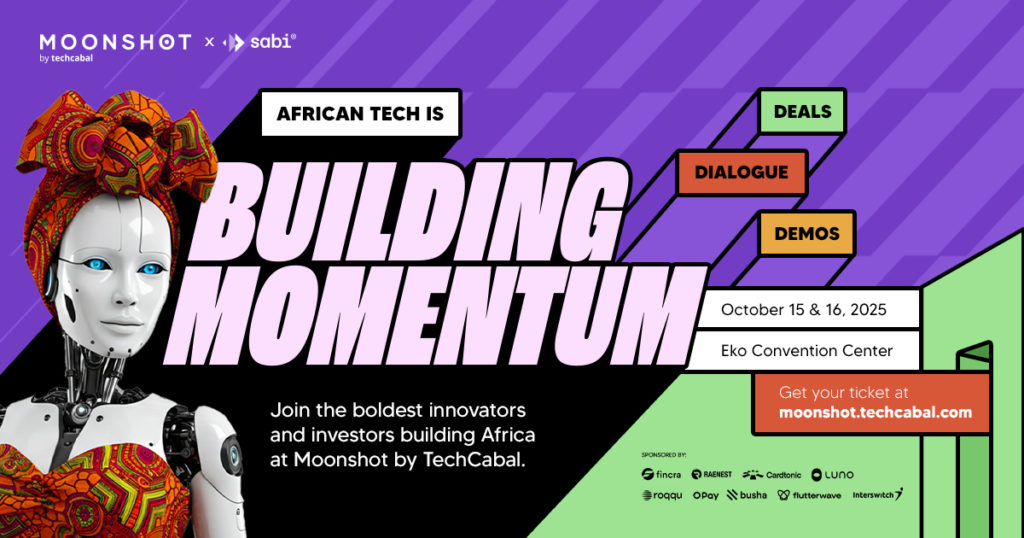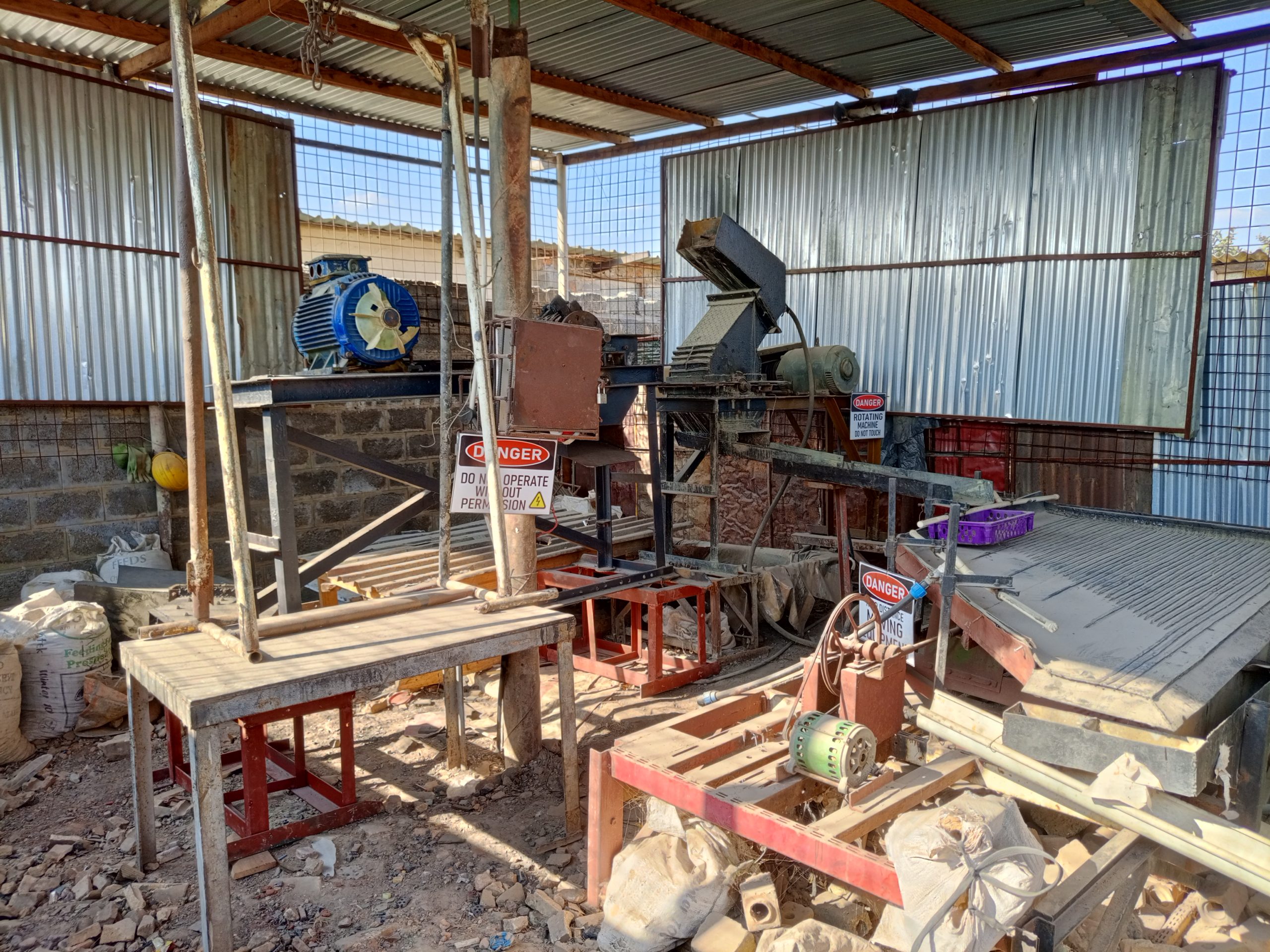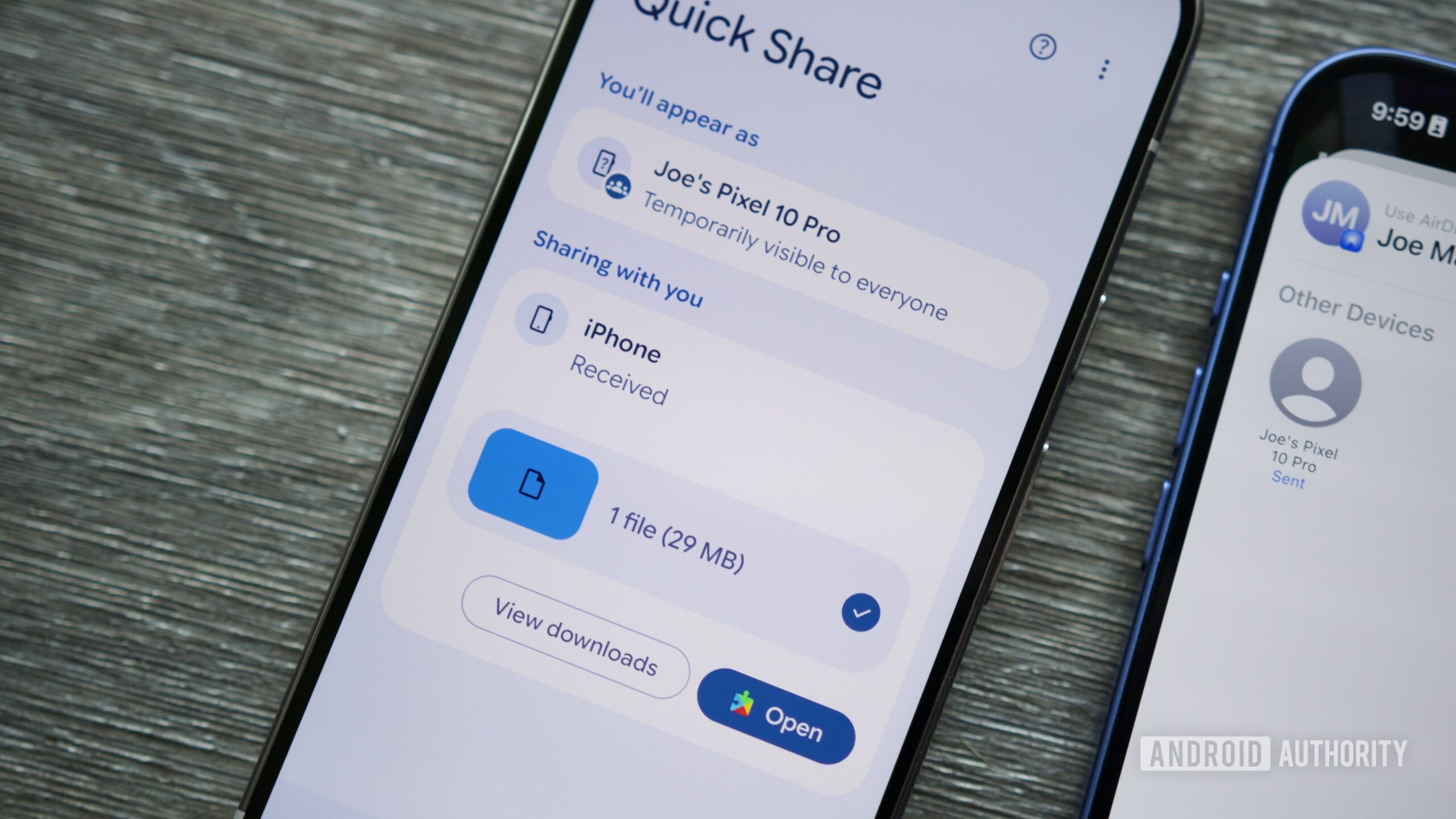Every year, Zambia generates around 23,000 tonnes of electronic waste. Much of it ends up in open fires or unregulated dumpsites. As they burn, these fires release a poisonous mix of lead, mercury, and dioxins, contaminating the air, soil, and rivers. People who live close to these sites inhale toxic fumes that damage their lungs and nervous systems. Over time, exposure to these toxins has been linked to cancers and other respiratory diseases.
The environmental toll is just as alarming. In 2023 alone, Zambia’s waste sector emitted 1.13 million tonnes of carbon dioxide (CO₂) equivalent, with open burning as a major contributor. By comparison, power generation across the entire country emitted approximately 1.88 million tonnes of CO₂ in the same year, just slightly higher.
Despite existing laws like the Environmental Management (E-Waste Management) which require safe disposal of e-waste, weak enforcement and poor public awareness have kept dangerous practices alive. A 2018 survey by the Zambia Information and Communications Technology Authority (ZICTA) found that only 10% of Zambians understood the risks of improper e-waste disposal.
It is in the middle of this crisis that 28-year-old Chimfwembe Mutale is working to build a different future.
At Yaaka Investment Limited, Zambia’s first formal e-waste recycling company, Mutale and a small team are turning hazardous trash into valuable raw materials while creating jobs, raw materials, and environmental solutions all from inside Zambia.
Currently, much of Zambia’s e-waste is shipped abroad through a partnership with a Namibian recycling firm.
“It all started as a campus NGO in 2015,” Mutale told . “But in 2021, after attending the Nairobi Summer School on Climate Justice, I began to see how waste could become an economic opportunity for my community.”
How Yaaka’s recycling works
Yaaka’s model combines a centralised recycling plant with a network of collection hubs. Its first recycling facility, located in Kitwe, Zambia’s second-largest city, has the capacity to process up to 50,000 tonnes of e-waste annually. Meanwhile, two hubs in Lusaka collect and store discarded electronics, which are later transported to Kitwe for processing once there’s enough volume to make the trip economical.
The process begins with manual sorting, where workers separate plastics, metals, and glass before dismantling devices to recover valuable components like circuit boards, hard drives, and batteries. Circuit boards, which hold the richest deposits of precious metals, are fed into Yaaka’s locally engineered crusher and shaking table system.
The crusher grinds the boards into fine particles, while the shaking table uses water and vibration to separate metals by density, recovering copper and other valuable materials cleanly, without toxic byproducts.
“All of our machinery is designed and built locally in our workshop,” Mutale says. “That keeps our costs low, makes the system adaptable to Zambia’s needs, and gives us control over maintenance and upgrades.”
Image Source: Yaaka
Turning waste into revenue
A 2023 circular economy study commissioned by the Finnish Embassy in Zambia estimated that a fully developed recycling sector could generate around $712 million annually.
Yaaka’s early results look promising. Mutale says that for every tonne of e-waste processed, the company recovers about 300 kilograms of metal, mostly copper in a slag form. This sells to metal processing companies for around $3,000.
The company’s business model also benefits from Zambia’s Extended Producer Responsibility (EPR) rules, which require companies to safely dispose of their electronic waste.
“Because Zambia Environmental Management Agency (ZEMA)mandates safe disposal, we usually receive e-waste for free,” Mutale explains. “That encourages businesses to work with us instead of relying on unsafe practices.”
Rather than chasing individual households, Yaaka is focused on large institutions like telecoms, government agencies, and retailers that stockpile obsolete electronics, making bulk collection more efficient. The company is already building partnerships with organizations like state-owned telecom, Zamtel, to secure steady waste streams. “We do not have the full capacity yet to cover individual houses. We are working on that. But for now, we are focusing on these companies.”
As demand for safe disposal grows, Yaaka’s model is proving commercially viable. But scaling up to meet Zambia’s rising e-waste volumes is not without its challenges.
Hurdles on the road to scale
Eight months into operations, Yaaka is processing about 10 tonnes per month, far below its potential. According to Mutale, the biggest obstacle is unstable power supply. “Recycling equipment like crushers and shredders needs reliable electricity,” Mutale says. “Frequent outages interrupt production. There are days we achieve nothing.”
To solve this, Yaaka is partnering with a South African company to install solar power by the end of 2025, which should stabilise operations and cut costs.
Bureaucratic red tape has also slowed Yaaka’s rollout of new hubs. Under Zambia’s 2024 E-Waste Management Regulations, every collection site must obtain a license from ZEMA and comply with strict safety, reporting, and storage standards. These approvals can take months, delaying expansion and tying up resources.
Despite this, Mutale says agencies like ZEMA and ZICTA have been supportive, often directing e-waste flows toward Yaaka.
“For us to be able to get the large amount of waste we need to get to our production capacity, we need to establish hubs around the country. But it is taking us a lot of time to get the licenses we need to establish more hubs,” he said.
But the biggest challenge remains funding.
So far, Yaaka has raised $25,000 from the UN Development Programme, Zambia’s Citizens Economic Empowerment Commission and from German and local partners. “We’ve come this far by bootstrapping and making the most of what we have,” Mutale says. “But to really scale, we need serious investment.”
He estimates the company will need around $1 million to upgrade facilities, build more collection hubs, and run nationwide public education campaigns. “Without that capital, we can’t meet the country’s growing e-waste volumes. It is really growing as more people discard what they used to own.”
Mutale’s vision for Yaaka is to set up at least one recycling facility in all 10 Zambian provinces. Regional opportunities are equally promising. Neighboring countries like Zimbabwe and Botswana face similar e-waste challenges but lack dedicated recycling plants. “There’s a huge gap in the region,” Mutale explains. “With the right investment, our model can easily expand beyond Zambia’s borders.”
Education will be central to this strategy. Many Zambians are still unaware of the health and environmental risks tied to improper e-waste disposal.
“Most people don’t understand just how dangerous this waste is,” Mutale says. “Climate change is a serious issue and we want to make sure that everyone is aware of how they are contributing to this and how they can, in their own little ways, prevent climate change from destroying everything. This has been our vision from the beginning.”
Mark your calendars! Moonshot by is back in Lagos on October 15–16! Join Africa’s top founders, creatives & tech leaders for 2 days of keynotes, mixers & future-forward ideas. Early bird tickets now 20% off—don’t snooze! moonshot..com











